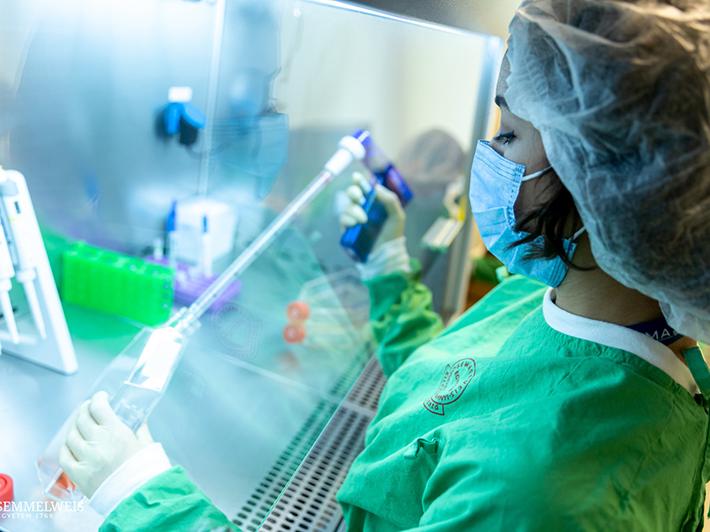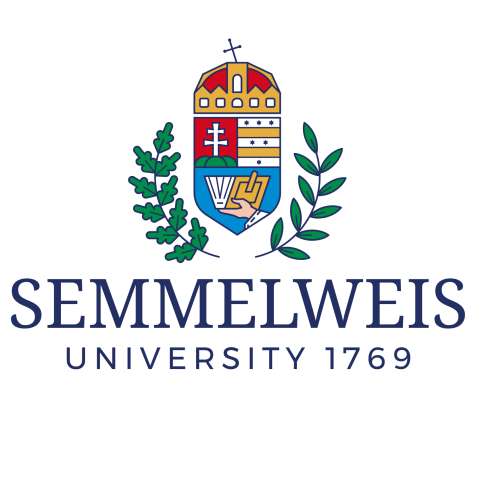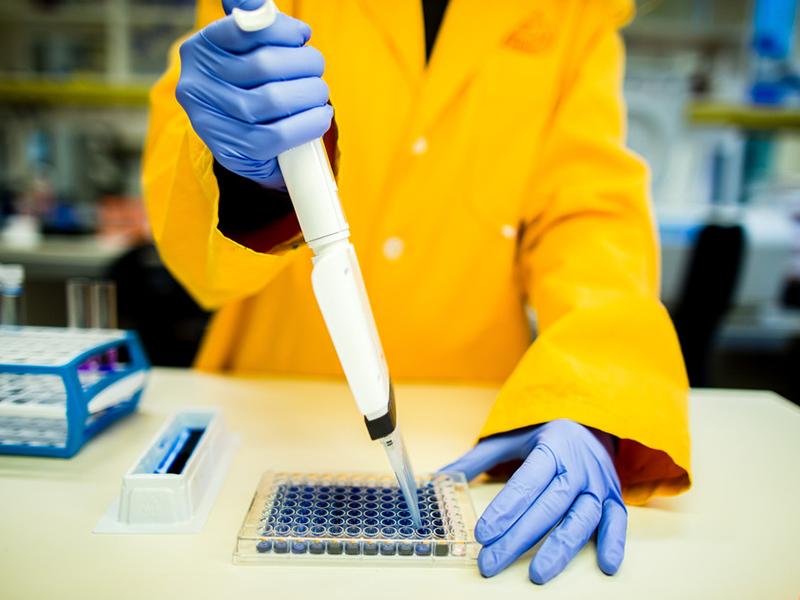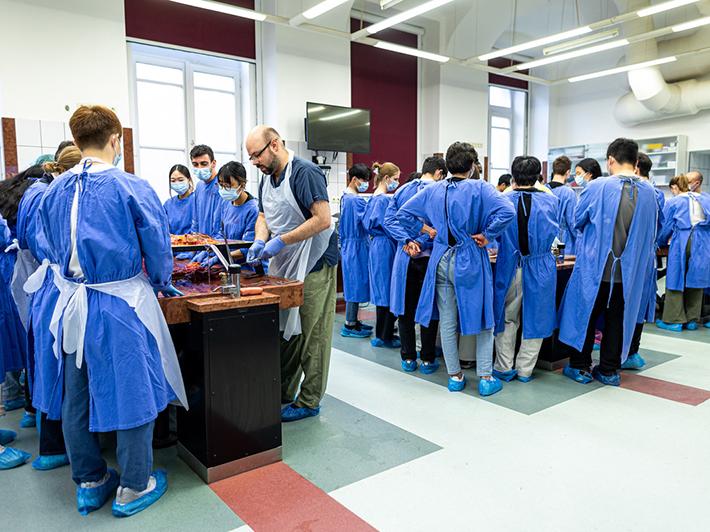
Beyond the classroom: from PhD preparation to leadership
The integration of Scientific Students’ Associations (SSA) and PhD programmes is a key factor in giving future medical doctors and other healthcare professionals a solid methodological and theoretical background in research. The SSA helps students build foundational skills and foster a passion for enquiry. For those who progress to the PhD programme, this early experience in research equips them with the tools and knowledge needed to conduct independent studies at a higher level.
Bringing these two pathways together gives students opportunities for mentorship, transdisciplinary collaboration and a focus on translational medicine, as well as skills in academic writing and research methodology.
The role of the Scientific Students’ Associations in Hungarian university culture
The SSA at Semmelweis University plays a crucial role in shaping the academic journey of students. These associations, integral to Hungarian university culture, provide a platform for students to engage in research and academic activities beyond the classroom. From undergraduate to graduate students, participation in the SSA – including in research conferences and autonomous research projects – is an opportunity to develop critical thinking, research skills and intellectual curiosity.
- How to succeed as an early career researcher? Be motivated and inspire others
- How to transition from a student to a researcher mindset
- Advice for intercultural communication between PhD supervisors and candidates
SSA members are encouraged to lead their own research initiatives with guidance from faculty rather than direct oversight. This autonomy in research cultivates independence, creativity and the confidence to explore new ideas. A key strength of the SSA is its emphasis on interdisciplinary research. Students are encouraged to collaborate across disciplines, tackling complex problems with diverse perspectives. This interdisciplinary approach broadens students’ academic horizons and prepares them to work in multidisciplinary teams, which is essential for success in healthcare and medical science.
The SSA also creates a sense of community among students. By collaborating with peers from other departments, students benefit from a network of support that fosters intellectual exchange, idea-sharing and a sense of academic camaraderie. The SSA ensures that students are not only prepared to excel in their individual fields but also equipped to contribute to the global scientific community.
Building research skills and leadership through the PhD programme
The PhD programme is designed to equip students with the skills needed to conduct original research and contribute to the advancement of knowledge in their chosen fields. Unlike typical graduate programmes, however, the focus of the PhD at Semmelweis University is not just academic learning but the development of independent researchers capable of addressing real-world challenges in healthcare.
Of the university’s roughly 1,200 PhD students, 15 per cent are international students. This diverse community brings a wealth of perspectives to the research environment, enriching the academic experience and fostering global collaborations. PhD students are encouraged to explore innovative research methodologies, question existing knowledge and discover new solutions. This hands-on approach to research ensures that graduates are not just knowledgeable in theory but also skilled in translating ideas into tangible outcomes.
A distinctive feature of the programme is its personalised mentorship. Each PhD candidate is paired with either one or two mentors who provide guidance not only on research but also on professional development. Mentors assist students in publishing research, presenting at conferences and navigating the academic landscape. This support system ensures that students are well prepared for careers in academia or industry or in healthcare leadership.
Another important focus is translational medicine. By fostering an environment where scientific discoveries are directly connected to patient care, the university prepares its students to become leaders in medical research and healthcare innovation.
Integration of SSA and PhD training
A strong academic culture facilitates the transition from SSA to PhD; faculty mentors provide continuous support throughout a student’s academic journey. PhD students with SSA experience are often better prepared for the challenges of independent research, having already developed skills in academic writing, research methodology and collaboration with peers and faculty. PhD students are often involved as co-tutors in mentoring SSA students, enabling them to practise skills in management of a scientific project. Furthermore, the collaboration with PhD students may also facilitate the SSA students to continue their research in a PhD programme.
This integration also creates a sense of continuity in the development of students, ensuring that they build upon their research skills and intellectual abilities throughout their academic careers. The SSA prepares students for the rigours of the PhD programme, while the PhD programme allows them to expand their expertise, fostering the next generation of leaders in healthcare and science.
Zoltán Benyó is director of the Institute of Translational Medicine and president of the Doctoral Council; and Attila Szijártó is director of the department of surgery, transplantation and gastroenterology, and director of the Scientific Students’ Association Council, both at Semmelweis University, Budapest.
If you would like advice and insight from academics and university staff delivered direct to your inbox each week, sign up for the Campus newsletter.




